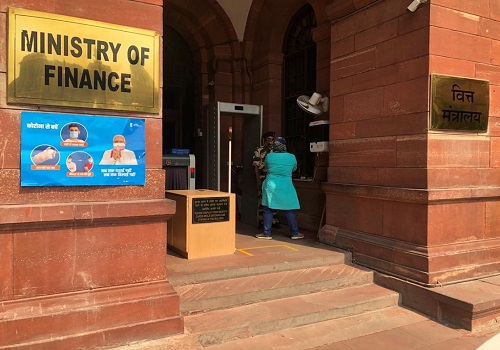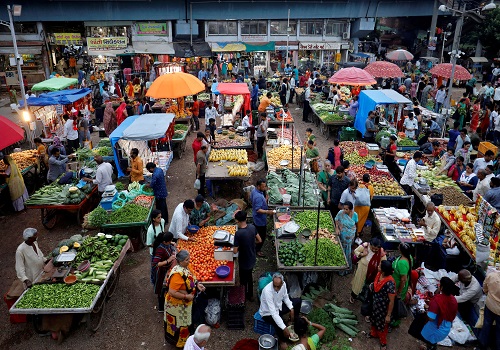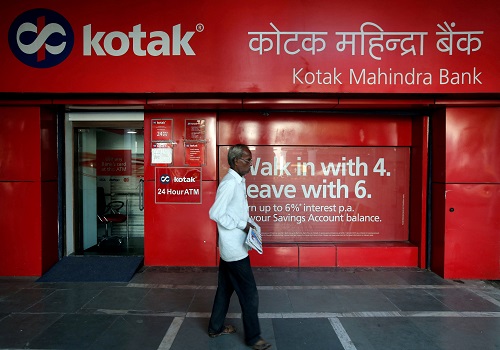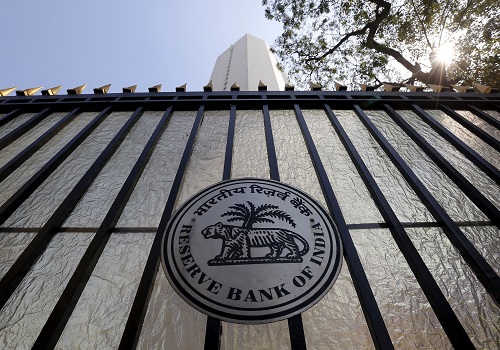Banking Sector Update - RBI`s FSR highlights Covid, cyber-fraud, climate change risks to credit growth/quality By Emkay Global
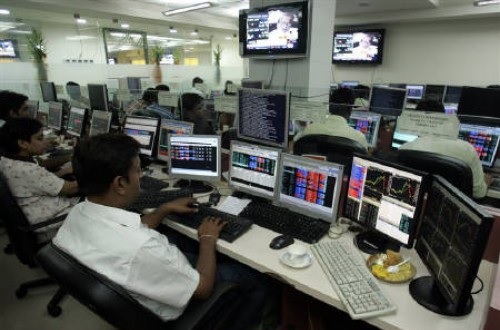
Follow us Now on Telegram ! Get daily 10 - 12 important updates on Business, Finance and Investment. Join our Telegram Channel
RBI’s FSR highlights Covid, cyber-fraud, climate change risks to credit growth/quality
The RBI released its Financial Stability Report (FSR) highlighting the better asset quality performance of the financial sector post the first Covid-19 wave. The central bank, however, believes that the second Covid-19 wave, rising commodity prices/inflation risk and global uncertainty spill-over could pose renewed risks to the economy and the financial sector. The RBI has also highlighted the emerging threat from cyber fraud and climate change to credit growth/quality, which needs a comprehensive policy/entity level response to mitigate risks.
Key highlights:
* Overall credit growth for scheduled commercial banks (SCBs) suffered due to Covid-19 and stood at ~5.5% in FY21. Over the years, the share of the industry in bank credit has declined to 29% from 43% in 2014, while that of personal retail has risen to 26% from 16% due to rising consumerism. Corporate credit acceleration in PSUs by banks is largely offset by the decline in credit to private partly due to de-leveraging.
* Growth in credit to MSMEs in FY21 was mainly aided by the ECGLS scheme, with aggregate sanctions at Rs2.46trn. PSBs resorted to heavy restructuring in the SME segment, while the participation of private banks was muted. Stress in the SME segment remains high, which we believe should manifest into higher restructuring due to the recent Covid-19 wave.
* SCBs’ GNPA was at 7.5% in FY21 vs. 8.4% in FY20, while overall restructuring was relatively lower than expected. NBFCs’ GNPA ratio fell to 6.4% from 6.8% in FY20. The RBI’s stress tests indicate that SCBs’ GNPA ratio may transition from 7.5% to 9.8-11.2% in various scenarios by Mar’22. However, we believe that restructuring, lumpy corporate resolutions (including via transfer to NARCL) and heavy write-offs (with banks carrying healthy contingent buffers) should, in fact, lead to nearly flattish GNPA ratio by year-end.
* As per the RBI, the second wave has interrupted the economic recovery; however, the banking stability indicator (BSI) of SCBs exhibits noteworthy reduction in risk to banks due to improved capital levels, deposit/liquidity flow and provisioning buffers. As per the RBI, SCBs will have sufficient capital, both at the aggregate and individual levels, even in the stress case scenario.
* Among our coverage, large private banks, namely ICICI, Axis, HDFCB, KMB and IIB, carry healthy capital (Tier I >15%) and Covid contingent provision buffers, which should limit incremental credit cost in FY22, leading to meaningful improvement in return ratios. Typically vulnerable PSBs too have raised or are about to raise decent fresh capital aided by buoyant capital markets, thereby be ready for growth.
* As per the RBI, the climate change risk on the economy and the financial sector is rising and there is a need for an appropriate policy framework to identify, assess and manage this risk. Some central banks have already started monitoring and managing climate risks – for e.g.: The Bank of England has announced plans to undertake Biennial Scenario analysis in order to test the resilience of the financial system to the physical and transition risks associated with different climate pathways.
* The RBI has also called for a crossindustry disciplinary forum to launch a comprehensive climate risk assessment exercise for India, possibly indicating the need for a comprehensive ESG policy framework in the long run, adding to the cost of doing business. Indian banks’ lending portfolio (mainly corporate sectors such as power, infra, metals, auto and chemicals/paper; vehicle in retail) remains vulnerable to growth/asset quality risks from climate change in the long run, and thus it needs to be addressed.
* Apart from Covid-induced risks on growth/asset quality in the near term, rising competition from fintechs and the potential impact of climate change pose a long-term risk for banks. We believe that select large private banks like ICICI (Buy), Axis (Buy) and HDFCB (Buy) are relatively better positioned to deal with these risks, but small- and mid-sized private banks and select PSBs (ex-SBI) could be highly vulnerable.
To Read Complete Report & Disclaimer Click Here
For More Emkay Global Financial Services Ltd Disclaimer http://www.emkayglobal.com/Uploads/disclaimer.pdf & SEBI Registration number is INH000000354
Above views are of the author and not of the website kindly read disclaimer

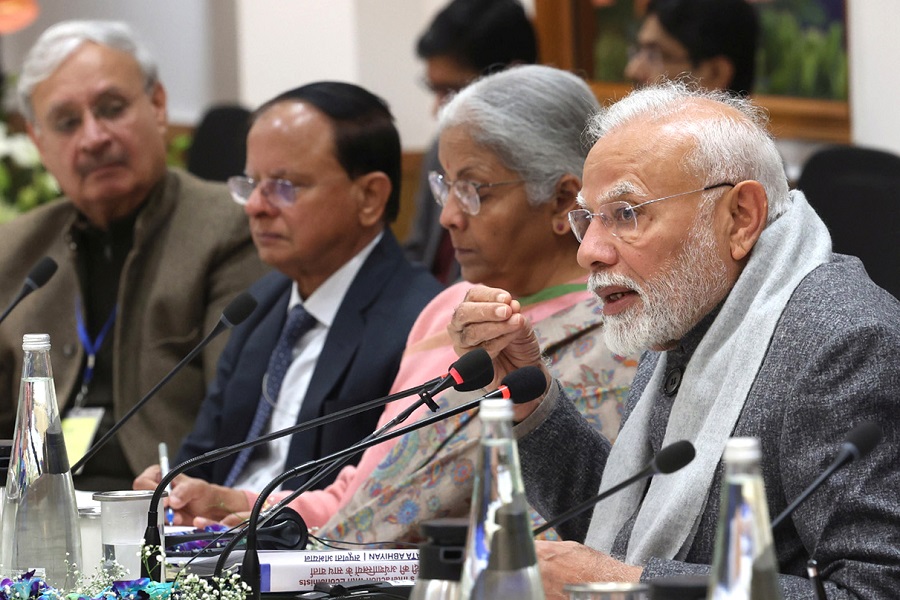


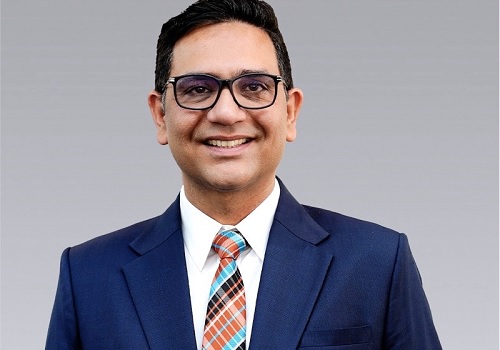
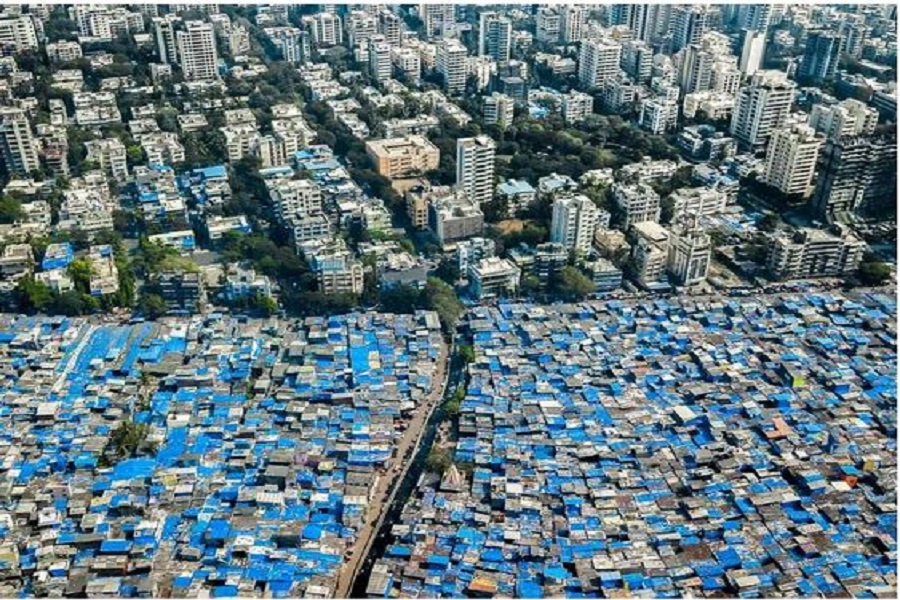
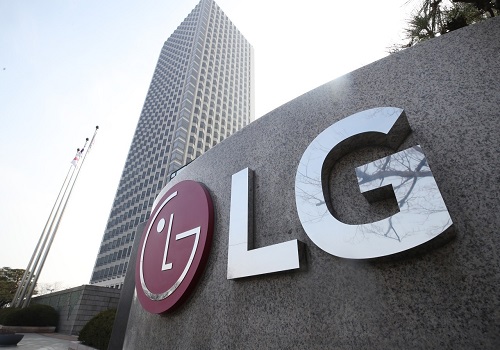



Tag News
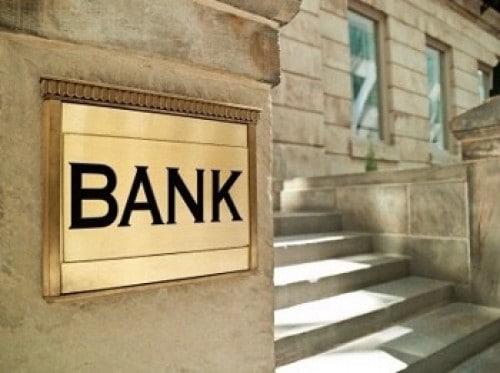
AU Small Finance Bank jumps on entering into bancassurance tie-ups with Star Health and Baja...
More News

Insurance Sector Update - October 22 : Strong GWP growth aided by soft base Says JM Financial


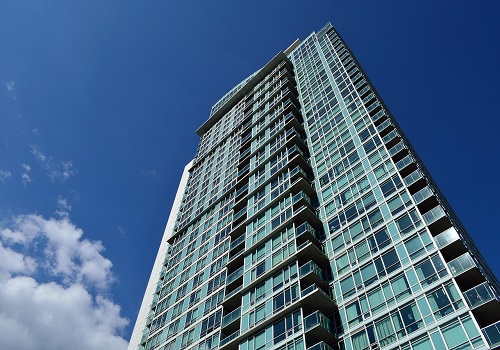


 320-x-100_uti_gold.jpg" alt="Advertisement">
320-x-100_uti_gold.jpg" alt="Advertisement">


